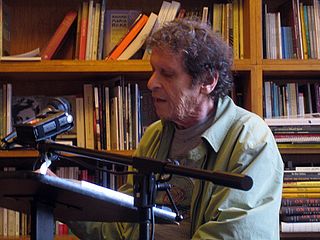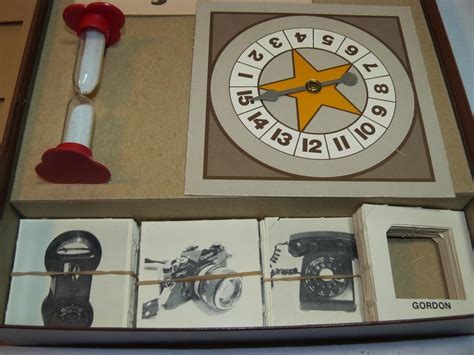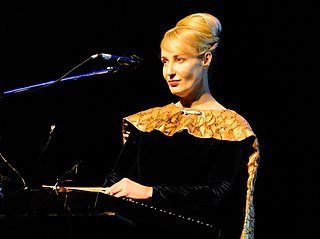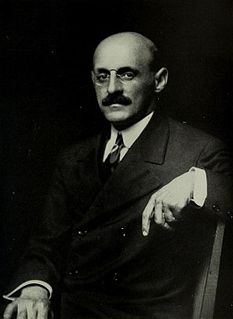A Quote by John Taylor Gatto
Curiosity has no important place in my work, only conformity.
Related Quotes
To work in America or other places is more about curiosity, because I'm dealing with cultures and sensibilities that I don't really know. So I'm having to sort of investigate them, which I'm fascinated in, but it comes from a place of curiosity rather than a real need to get something out of my system.
Curiosity, which may or may not eventuate in something useful, is probably the most outstanding characteristic of modern thinking ... Institutions of learning should be devoted to the cultivation of curiosity, and the less they are deflected by the consideration of immediacy of application, the more likely they are to contribute not only to human welfare, but to the equally important satisfaction of intellectual interest, which may indeed be said to have become the ruling passion of intellectual life in modern times.




































